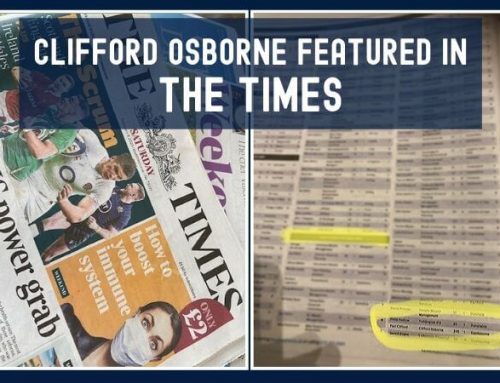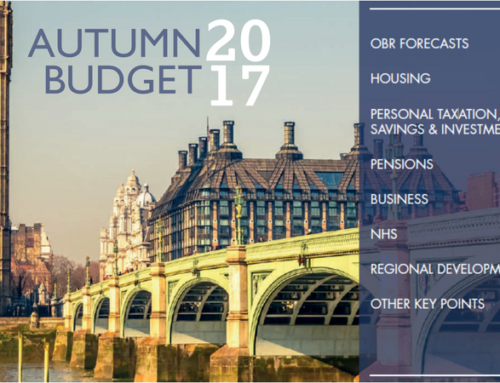Chancellor Jeremy Hunt delivered the Spring Budget on 15 March declaring it to be “A Budget for Growth.” The fiscal update included a range of new measures, starting with the latest economic projections from the Office for Budget Responsibility (OBR):
- The UK economy is expected to contract by 0.2% this year, with growth predicted to hit 1.8% in 2024 and 2.5% in 2025. A technical recession is expected to be avoided in 2023
- Inflation is predicted to fall from an average rate of 10.7% in Q4 2022 to 2.9% by the end of this year. This decline is partly due to the three-month extension to the Energy Price Guarantee (EPG), which the government confirmed on 15 March.
The Chancellor’s strategy for growth focuses on four pillars ‘Everywhere, Enterprise, Employment and Education.’ Key areas within these pillars include:
- Investment for ‘Levelling-Up’ initiatives
- Providing the right conditions for businesses to succeed
- New measures to get people back to work, including childcare support.
Pensions
The spotlight also fell on pensions. To encourage over-50s to extend their working lives, the
government is increasing tax relief limits on pension contributions and pots:
- The Annual Allowance will be raised from £40,000 to £60,000 from April 2023; the Lifetime Allowance (LTA) charge will be removed from April 2023, and the LTA will be abolished from April 2024
- The maximum amount that can be accessed tax free (Pension Commencement Lump Sum) will be frozen at its current level of £268,275 (25% of current LTA)
- From April, the minimum Tapered Annual Allowance (TAA) and the Money Purchase Annual Allowance (MPAA) will increase from £4,000 to £10,000. The adjusted income threshold for the TAA will also rise, from £240,000 to £260,000.
In addition, previously announced State Pension increases from April 2023 are as follows:
- Basic State Pension – increase to £156.20 per week
- Full new State Pension – increase to £203.85 per week.
The value of investments can go down as well as up and you may not get back the full amount you invested. The past is not a guide to future performance and past performance may not necessarily be repeated. The Financial Conduct Authority (FCA) does not regulate will writing, tax and trust advice and certain forms of estate planning.
Get in touch
Clifford Osborne are Independent Financial Advisors (IFA) based in Eastbourne, East Sussex, offering pension planning advice, mortgage advice and more. Our clients often come from Uckfield, Lewes, Brighton, Tunbridge Wells, Hastings, Bexhill, Newhaven, Seaford, Crowborough and further afield.
Get in touch with our friendly team today – We’d be delighted to help.
Read our VoucherFor reviews to find out what our clients have to say.
It is important to take professional advice before making any decision relating to your personal finances. Information within this blog is based on our current understanding of taxation and can be subject to change in future.
It does not provide individual tailored investment advice and is for guidance only. Some rules may vary in different parts of the UK; please ask for details. We cannot assume legal liability for any errors or omissions it might contain. Levels and bases of, and reliefs from, taxation are those currently applying or proposed and are subject to change; their value depends on the individual circumstances of the investor.
The value of investments can go down as well as up and you may not get back the full amount you invested. The past is not a guide to future performance and past performance may not necessarily be repeated.
If you withdraw from an investment in the early years, you may not get back the full amount you invested. Changes in the rates of exchange may have an adverse effect on the value or price of an investment in sterling terms if it is denominated in a foreign currency. Taxation depends on individual circumstances as well as tax law and HMRC practice which can change.
The information contained within the blog is for information purposes only and does not constitute financial advice.
The purpose of the blog is to provide technical and general guidance and should not be interpreted as a personal recommendation or advice.



